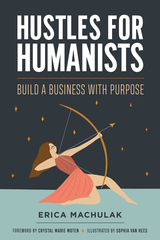
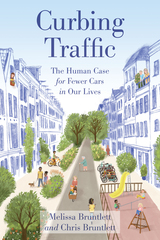
In Curbing Traffic: The Human Case for Fewer Cars in Our Lives, Melissa and Chris Bruntlett chronicle their experience living in the Netherlands and the benefits that result from treating cars as visitors rather than owners of the road. They weave their personal story with research and interviews with experts and Delft locals to help readers share the experience of living in a city designed for people.
In the planning field, little attention is given to the effects that a “low-car” city can have on the human experience at a psychological and sociological level. Studies are beginning to surface that indicate the impact that external factors—such as sound—can have on our stress and anxiety levels. Or how the systematic dismantling of freedom and autonomy for children and the elderly to travel through their cities is causing isolation and dependency.
In Curbing Traffic, the Bruntletts explain why these investments in improving the built environment are about more than just getting from place to place more easily and comfortably. The insights will help decision makers and advocates to better understand and communicate the human impacts of low-car cities: lower anxiety and stress, increased independence, social autonomy, inclusion, and improved mental and physical wellbeing.
The book is organized around the benefits that result from thoughtfully curbing traffic, resulting in a city that is: child-friendly, connected, trusting, feminist, quiet, therapeutic, accessible, prosperous, resilient, and age-friendly.
Planners, public officials, and citizen activists should have a greater understanding of the consequences that building for cars has had on communities (of all sizes). Curbing Traffic provides relatable, emotional, and personal reasons why it matters and inspiration for exporting the low-car city.
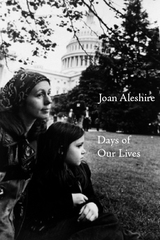
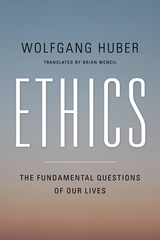
In the twenty-first century the basic questions of ethics are no longer the abstract terms of ethical theory, but the concrete and burning issues related to the influence of life sciences, the impact of a globalized economy, and the consequences of present decisions for the future of humankind. Ethics: The Fundamental Questions of Our Lives analyzes twenty ethical issues that address education and culture, labor and economy, the environment and sustainability, democracy and cosmopolitanism, peace and war, and life and death. Each chapter describes a concrete example showing the relevance of the fundamental ethical question, then provides an explanation of how one can think through possible responses and reactions. Huber emphasizes the connections between personal, professional, and institutional ethics and demonstrates how human relationships lie at the center of our ethical lives. His aim is to articulate a theology of what he calls "responsible freedom" that transcends individualistic self-realization and includes communal obligations.
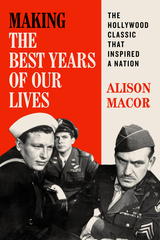
2023 Wall Award Finalist, Theatre Library Association
How a Hollywood gem transformed the national discourse on post-traumatic stress disorder.
Released in 1946, The Best Years of Our Lives became an immediate success. Life magazine called it “the first big, good movie of the post-war era” to tackle the “veterans problem.” Today we call that problem PTSD, but in the initial aftermath of World War II, the modern language of war trauma did not exist. The film earned the producer Samuel Goldwyn his only Best Picture Academy Award. It offered the injured director, William Wyler, a triumphant postwar return to Hollywood. And for Harold Russell, a double amputee who costarred with Fredric March and Dana Andrews, the film provided a surprising second act.
Award-winning author Alison Macor illuminates the film’s journey from script to screen and describes how this authentic motion picture moved audiences worldwide. General Omar Bradley believed The Best Years of Our Lives would help “the American people to build an even better democracy” following the war, and the movie inspired broad reflection on reintegrating the walking wounded. But the film’s nuanced critique of American ideals also made it a target, and the picture and its creators were swept up in the anti-Communist witch hunts of the late 1940s. In this authoritative history, Macor chronicles the making and meaning of a film that changed America.
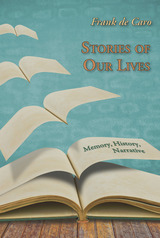
READERS
Browse our collection.
PUBLISHERS
See BiblioVault's publisher services.
STUDENT SERVICES
Files for college accessibility offices.
UChicago Accessibility Resources
home | accessibility | search | about | contact us
BiblioVault ® 2001 - 2025
The University of Chicago Press



